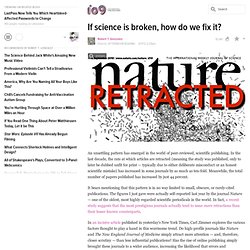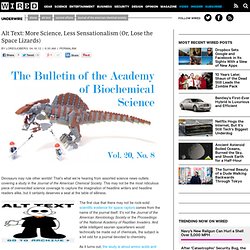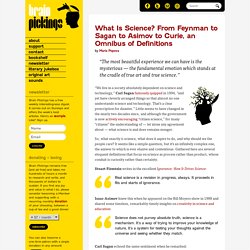

If science is broken, how do we fix it? What is the purpose of science?

Most kids grow up to become scientist because they think it would be cool to fly the starship enterprise, or cure cancer. And... Well, it turns out not to be quite like that. Meanwhile, the academic world is steeped in poisonous progressivist horsecrap about how only socially minded endeavors are appropriate life pursuits, because ANY other ambition would lead to short sightedness and exploitation.
Is wonder selfish? And here we see the roots of what's plaguing science. People need to survive, it's a core characteristic of existing - FYI. Ergo, to choose to be a scientist is exercising ambition, and so scientists are essentially (oh like everyone else FYI) ambitious. But the academic environment utterly rejects the moral legitimacy of personal ambition. Meanwhile, this status quo creates a system of hierarchies, rituals (obtaining grants, tenures etc.), and expectations.
The culprit is public money for science. Break this system, and you fix science. Alt Text: More Science, Less Sensationalism (Or, Lose the Space Lizards) Dinosaurs may rule other worlds!

That’s what we’re hearing from assorted science news outlets covering a study in the Journal of the American Chemical Society. This may not be the most ridiculous piece of overexcited science coverage to capture the imagination of headline writers and headline readers alike, but it certainly deserves a seat at the table of silliness. The first clue that there may not be rock-solid scientific evidence for space raptors comes from the name of the journal itself. It’s not the Journal of the American Xenobiology Society or the Proceedings of the National Academy of Reptilian Invaders. What Is Science? From Feynman to Sagan to Curie, an Omnibus of Definitions. By Maria Popova “The most beautiful experience we can have is the mysterious — the fundamental emotion which stands at the cradle of true art and true science.”

“We live in a society absolutely dependent on science and technology,” Carl Sagan famously quipped in 1994, “and yet have cleverly arranged things so that almost no one understands science and technology. That’s a clear prescription for disaster.” Little seems to have changed in the nearly two decades since, and although the government is now actively encouraging “citizen science,” for many “citizens” the understanding of — let alone any agreement about — what science is and does remains meager. So, what exactly is science, what does it aspire to do, and why should we the people care? Stuart Firestein writes in the excellent Ignorance: How It Drives Science: Real science is a revision in progress, always. Science does not purvey absolute truth, science is a mechanism. Carl Sagan echoed the same sentiment when he remarked: Later:
Sujet d'expériences. Environnement. Médecine. Technologie. Biologie. Neurosciences. Physique. Espace.